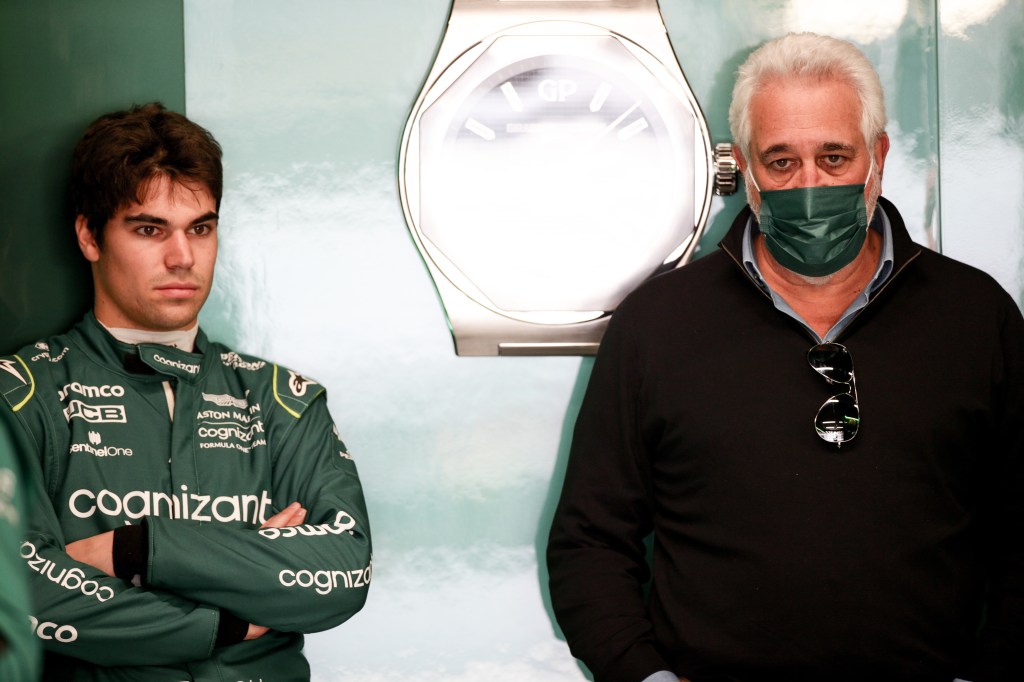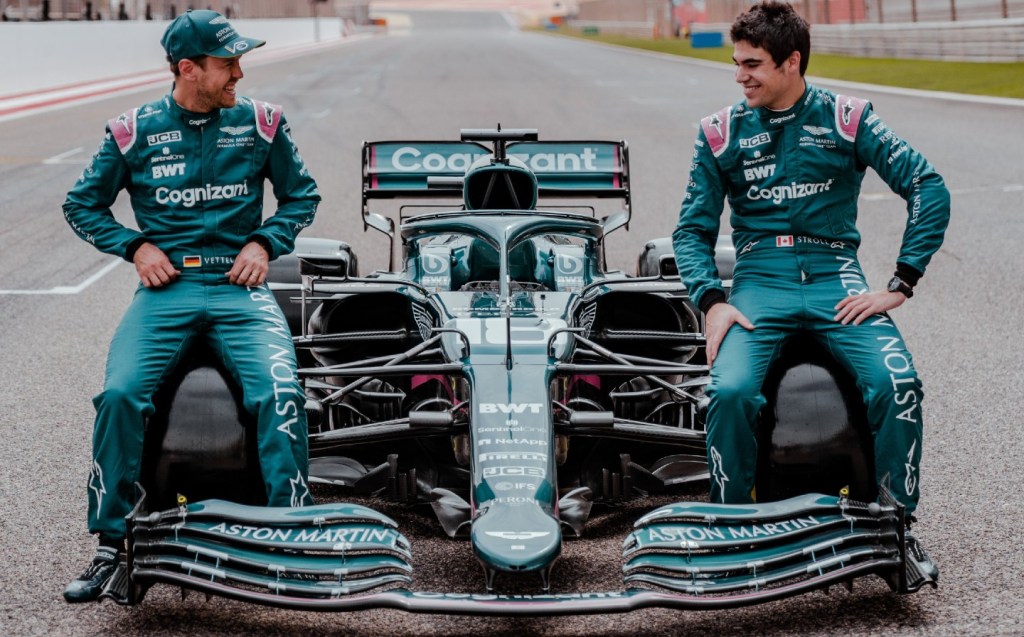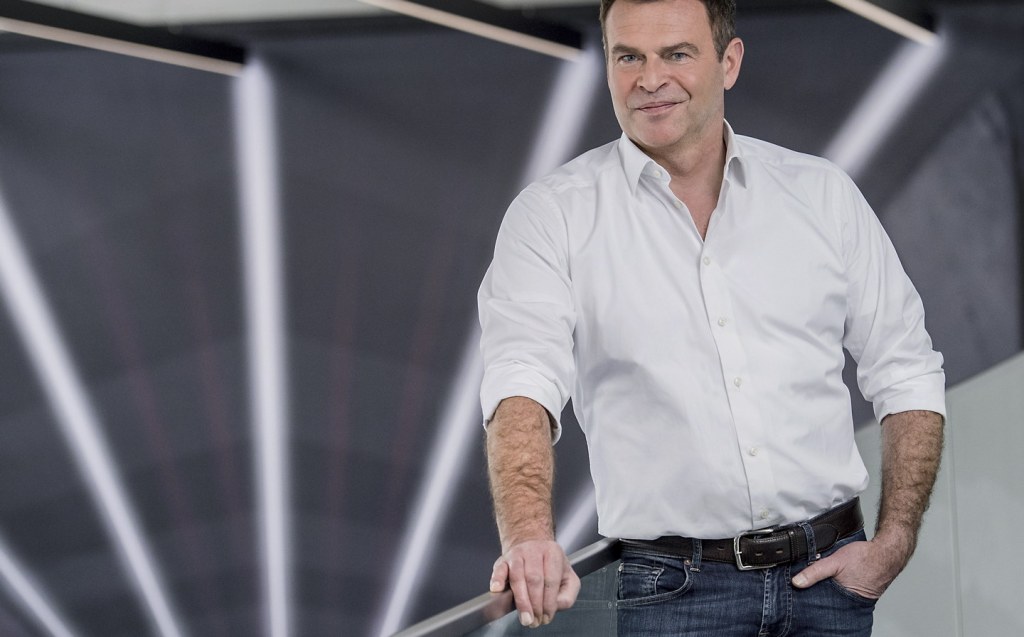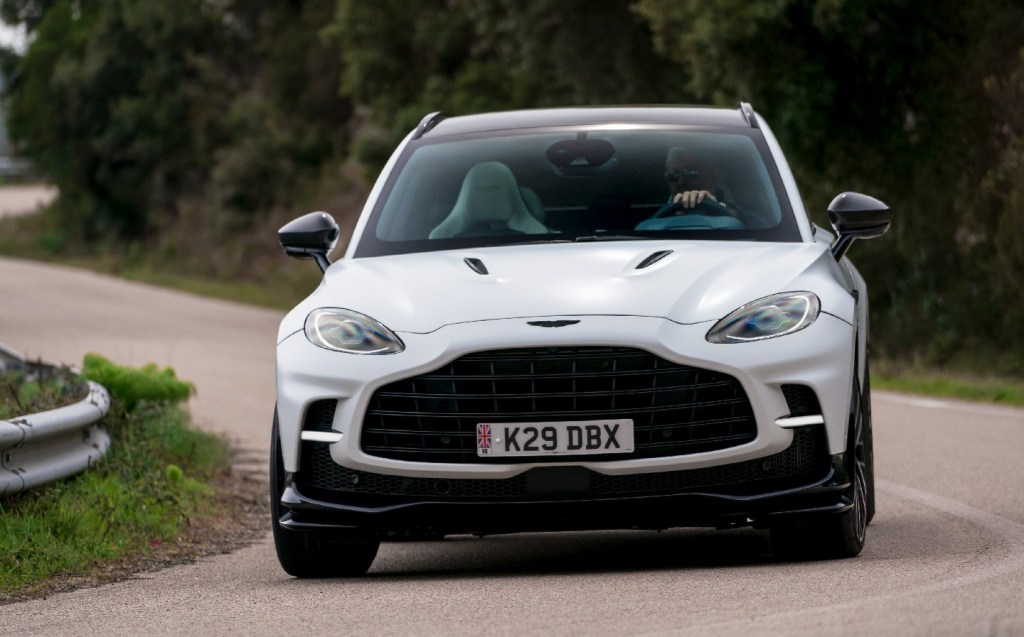Aston Martin to get £653m cash injection with Saudi sovereign wealth fund becoming second-biggest shareholder
Deal with Geely rejected
Aston Martin has said that it plans to raise £653m in equity with backing from the Saudi Arabian Public Investment Fund (PIF) following the rejection of a £1.3bn deal with Chinese carmaker Geely.
The company will seek to raise the equity in part by bringing in the Saudi PIF as a major shareholder while also launching a public rights issue, meaning more shares offered at a special price by Aston to its existing shareholders in proportion to their holding of old shares.
It is expected that PIF will take a 16.7% holding in the firm, second behind that of the 18.7% of the Yew Tree consortium led by Canadian billionaire Lawrence Stroll (below right). Mercedes’ stake in the company will shrink from around 11.7% to 9.7%.

The equity will be achieved by the issuing of 23.3m shares at £3.35 each in order to raise £78m, with the remaining £575m to be raised through a rights issue. PIF, Yew Tree and Mercedes will invest another £335m in Aston as an extension of the deal, with PIF also taking two seats on the company’s board.
“With this capital raise, we are able to remove the significant overhang on our business,” Stroll said on Friday during a conference call.
The group had £957m of net debt at the end of March, and in the last quarter said it expects to pay about £130m in debt interest this year.
As much as half of the proceeds from the fundraising round will be used to repay debt and reduce interest costs, with the rest providing a cushion against difficult trading conditions created by the global semiconductor shortage, the war in Ukraine and Covid-19 lockdowns in China.
Aston shares Shares in Aston Martin climbed 16% to 430.7p in early trading, taking the stock to the top of the FTSE 250, and as high as 19% — their biggest daily jump since June 2020.
In June, Autocar reported that Aston Martin was seeking to raise funds but, due to around £1.2bn in outstanding debt, was unable to take on more debt to fund its operations and cash flow.
Aston also confirmed that it had rejected an offer from the Hong Kong-based Atlas Consortium, made up of Invesindustrial Group Holdings (an Italian private equity firm) and Chinese car-making conglomerate, Geely (which also holds a stake in Aston’s investor, Mercedes), for an equity investment of up to £1.3bn, comprising £203m share issue and subsequent £1.11bn underwritten rights issue.
“The board of Aston Martin believes that the proposal markedly overestimated the company’s new equity capital requirements, would have been heavily dilutive for existing shareholders, and comprised a number of execution obstacles,” the company said.

Another reason Aston may have chosen to opt for the PIF deal is the firm and Lawrence Stroll’s existing relationship with Aramco, the Saudi state-owned oil company that sponsors the Aston Martin F1 team.
While fielding an F1 team might seem like a stretch for a financially strained company such as Aston, it has been a part of Stroll’s strategy to raise the brand’s profile to attract more buyers, with Stroll’s son, Lance, also a team driver alongside Sebastian Vettel.
Aston Martin has, throughout its history, limped from one fiscal crisis to another, the latest round of strife beginning in 2018 following a disastrous initial stock market listing, after which share values plunged by 30%. In 2020, it was forced to seek a rescue deal from the fashion magnate, Stroll.
Under Stroll’s aegis, the company’s fortunes have not significantly improved, with shares in the firm having plummeted in value by around 97% since the 2018 IPO, according to Bloomberg.

Stroll and former CEO Tobias Moers (above) had some moderate success in charting a more financially prudent course for Aston by reducing the wholesale supply of cars to cut excess stock and thus the need for discounts, enabling the company to command higher prices and greater profit margins for its cars.
The launch of the Aston Martin DBX SUV was also a boon for the firm, making up almost half of Aston’s sales last year. The launch of the DBX707 also enabled Aston to claim it produces the world’s fastest luxury SUV.

Losses during Moers’ tenure continued, however, with results for the first quarter of 2022 showing that the company was still far away from profitability, with pre-tax losses of £112m. Its revenues of £232m highlighted the gulf that still remained between its target of £2bn annually.
Moers was ousted as CEO in May and replaced by ex-Ferrari CEO Amedeo Felisa, who will attempt to shepherd the ailing carmaker through what promises to be an important and transformative period for the company.
Aston plans to launch the first of a new generation of front-engined cars from next year along with other models such as the new Vanquish and Valhalla supercars.
It has said that 50% of its line-up will be pure-electric by 2030, and the company’s first electric sports car — a replacement for one of its front-engined sports cars — will go on sale in 2025. This will be followed in 2025 or 2026 by an electric SUV.
Related articles
- After reading about Aston Martin’s new Saudi-backed funding plan, you might be interested to read about deliveries of the £2.4m Valkyrie hypercar starting
- Aston Martin unveils final and most powerful V12 Vantage with just 333 units to be built
- And don’t miss Will Dron’s review of the Aston Martin DBX707
Latest articles
- testing schedule 2
- test schedule
- F1 driver Lando Norris commissions bespoke open-top Land Rover Defender
- Citroën C3 and e-C3 2024 review: Petrol or electric, bow down before the new king of value cars
- Best-selling cars 2024: The UK’s most popular models
- Fourth-generation BMW 1 Series shows its new face with all-petrol line-up for the UK
- Cupra Tavascan 2024 review: Funky electric SUV continues Spanish brand’s EV roll
- Divine intervention? Trump-supporters’ motorhome destroyed after rolling into telegraph pole
- Extended test: 2023 Vauxhall Astra Sports Tourer GS PHEV












